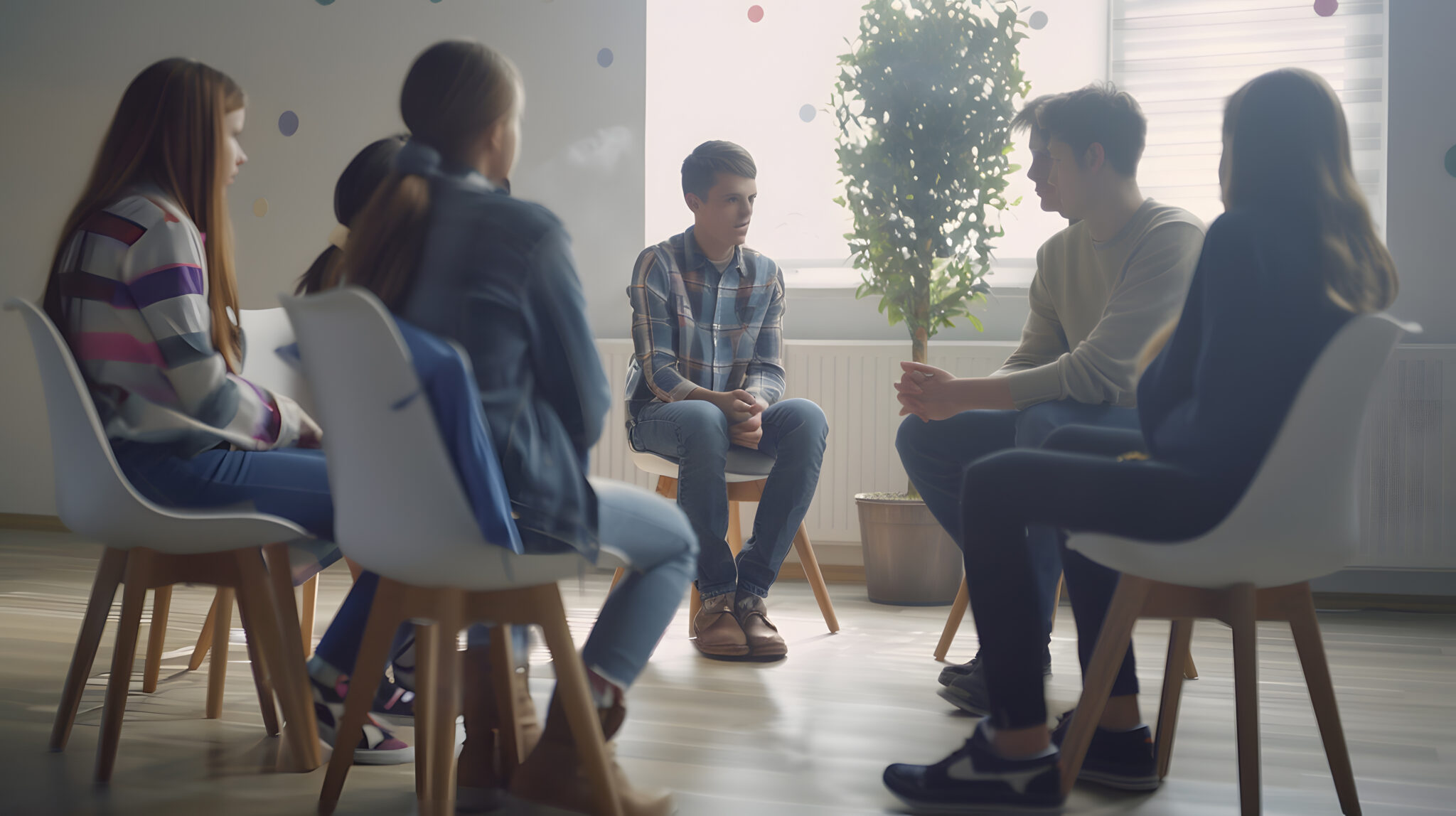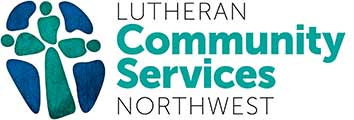Restorative Justice for Youth

Restorative Practices
In our work with youth, referrals are initiated by Multnomah County’s Restorative Justice program. We currently work with youth who’ve been charged with criminal behavior.
We use restorative justice practices to guide youth who voluntarily opt-in to the program because they want to correct their mistakes.
The program creates a welcoming space where a young person who caused harm is allowed to work on repairing that harm and taking responsibility for their actions.
It also allows people who were harmed by their actions to express how they have been impacted and explore how their needs for recovery can be met.
Restorative processes give opportunity for responsible parties to:
- Tell their story
- Be heard
- Take direct responsibility for their actions
- Hear from the people they harmed and/or impacted
- Create meaningful outcomes, without punitive responses
Facilitated Dialogues
The Facilitators
Facilitators are paid staff and volunteers from the community who have attended specialized training. The facilitator’s role is to prepare both the youth and the harmed party independently for a face-to-face meeting if both parties consent.
The Process
Facilitators meet with each party individually. When, and if, all the participants want to move forward, parties will come together for a dialogue. Both parties may bring a support person.
The Benefits of Dialogue
- Creates a welcoming space for impacted parties to define what accountability for the harm would look like
- Provides a way for the young person to take meaningful accountability
- Provides an opportunity for everyone’s voice to be heard
- Offers support to all participants
Transformative Justice & Healing are foundational principles for us. Learn more about the Portland Community Justice Partnership and our full menu of Crime Victim Services.
For details, email program manager Theresa Huggins. Call her at 971-888-7829,
